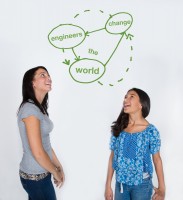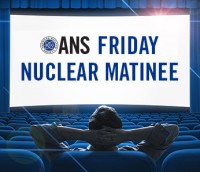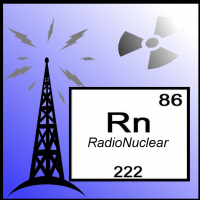ANS asks Congress to fund EPA work on repository standards
The American Nuclear Society brought together 11 other energy and environmental advocacy organizations in calling on Congress to fund the Environmental Protection Agency to develop a new, technology-neutral, generic environmental standard for the disposal of spent nuclear fuel and high-level radioactive waste in the United States.
In a letter to the leaders of the House and Senate appropriations committees, the groups ask for an additional $3 million in fiscal year 2025 for the EPA’s Office of Radiation and Indoor Air to work on the new standard.






 Founded by the National Society of
Founded by the National Society of 
 Welcome to the New Year! Even though I am on the road, there is just so much happening lately in nuclear I could not pass up the opportunity to talk about it!
Welcome to the New Year! Even though I am on the road, there is just so much happening lately in nuclear I could not pass up the opportunity to talk about it!